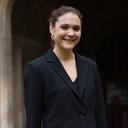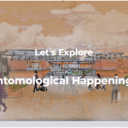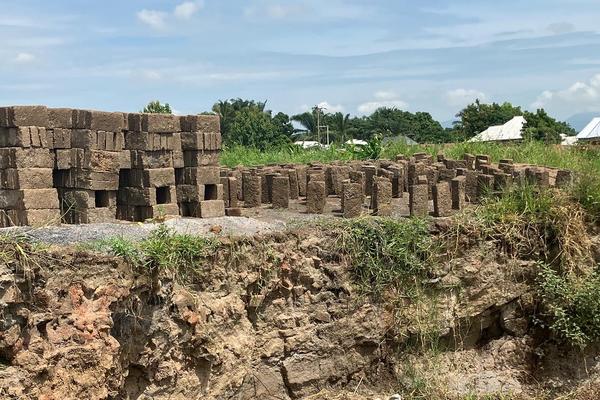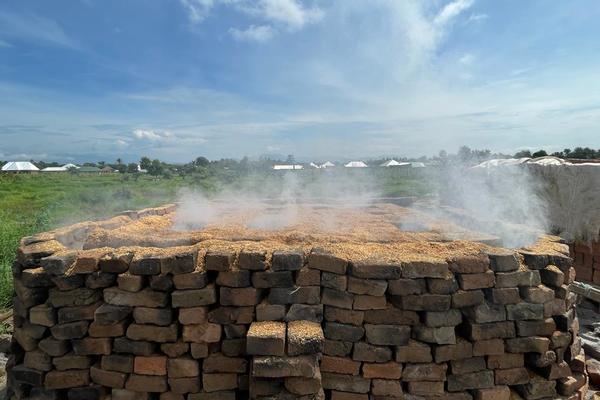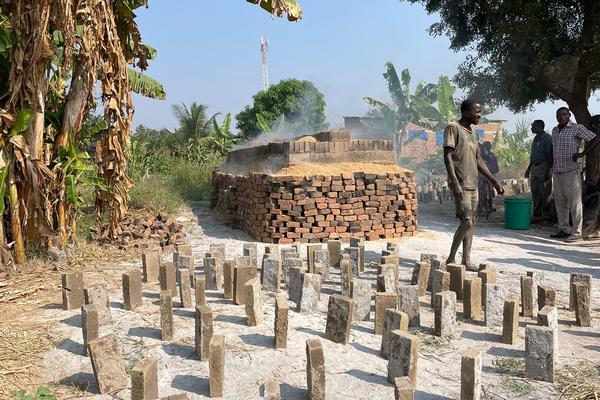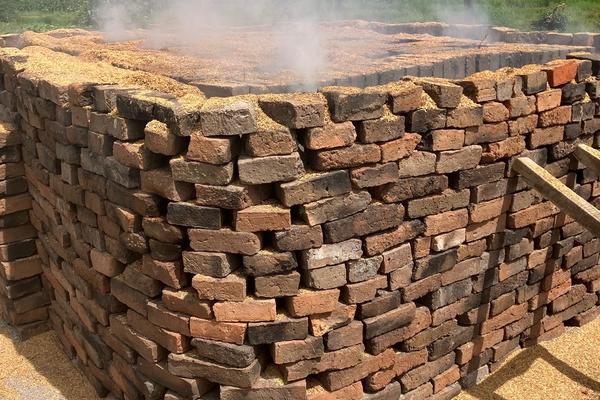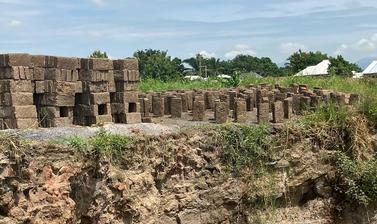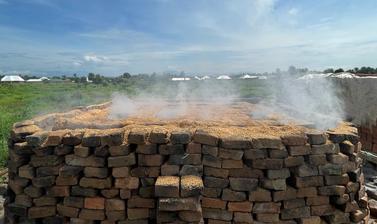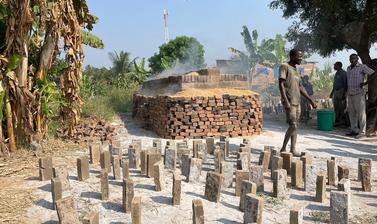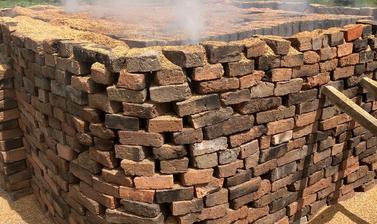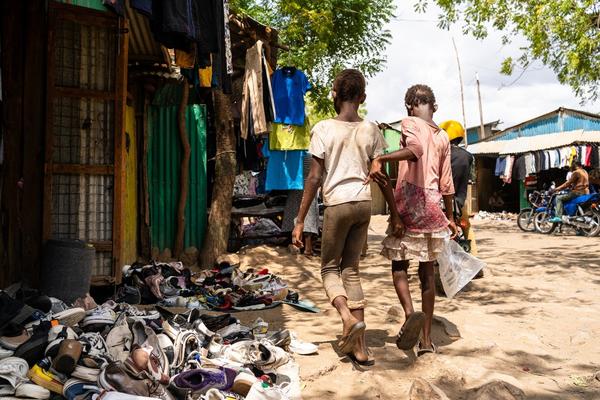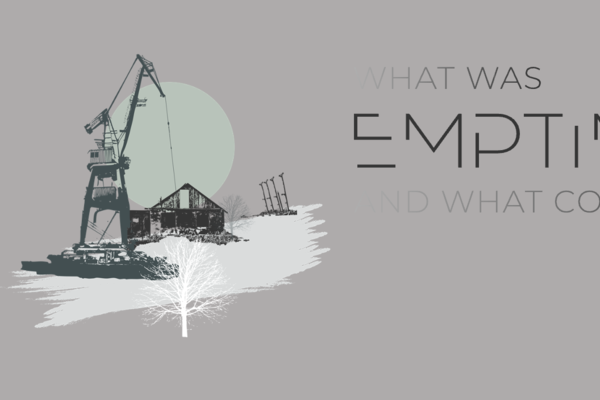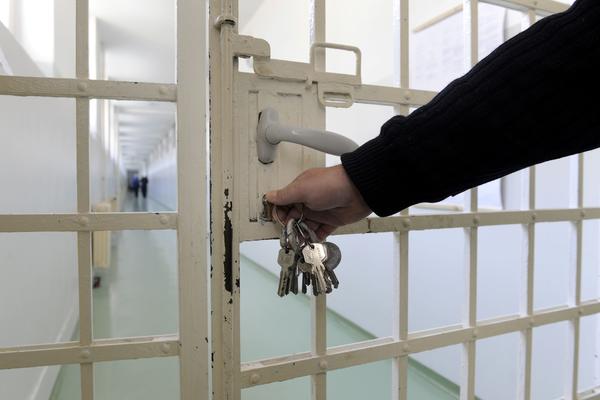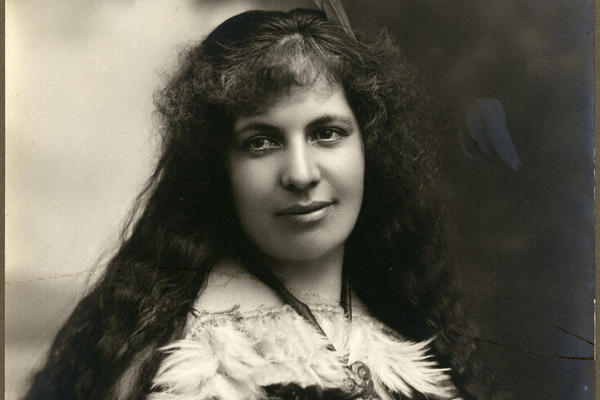The 'Humble Brick' receives UKRI funding
Project led by Professor Ann Kelly to investigate the untapped potential of earthen bricks to protect people against mosquito-borne diseases like malaria receives funding from UK Research and Innovation.
Transforming the Humble Brick is interdisciplinary project brings together experts in architecture, bioscience, engineering and urban planning, along with local masons, builders and residents in Tazania. Together they will investigate how traditional earthen bricks can be used to help protect people against mosquito-borne diseases like malaria, zika and dengue. The learnings from this project will lead to locally-driven, climate-adapted and sustainable innovations in building construction and design.
Affordable, energy-efficient, durable, modular, locally sourced, low-maintenance and reusable, we believe bricks presents an unexploited resource for global health innovation that prioritizes synergistic, sustainable, and socially-attuned approaches over stand-alone, ‘magic-bullet’ solutions devised in the Global North and applied to the Global South.
Professor Ann Kelly
Transforming the Humble Brick is being led by Professor Ann Kelly at the University of Oxford, in collaboration with Tanzania’s Ifakara Health Institute, the University of Dar es Salaam, the Department of Architecture at the University of North Carolina, the Department of Anthropology at Cornell and the Institute for Science, Innovation and Society (InSIS) at the University of Oxford.
The project builds upon an extensive track record of collaboration between team members and the Ifakara Health Institute, a preeminent Tanzanian research organisation and a pioneer of community-based approaches to vector research, surveillance and control. It's empirical brief responds to the priorities of the Pan-African-Mosquito Control Association (PAMCA), which seeks to promote regional R&D in house improvements as means of vector-borne disease prevention. During this development phase, they are seeking consolidate intersectional lines of inquiry on sustainable housing design, citizen science, urban vector ecology, and equity-driven climate change mitigations to develop a proof of concept for a user-led brick design process, involving students, masons, craftsmen and builders.

